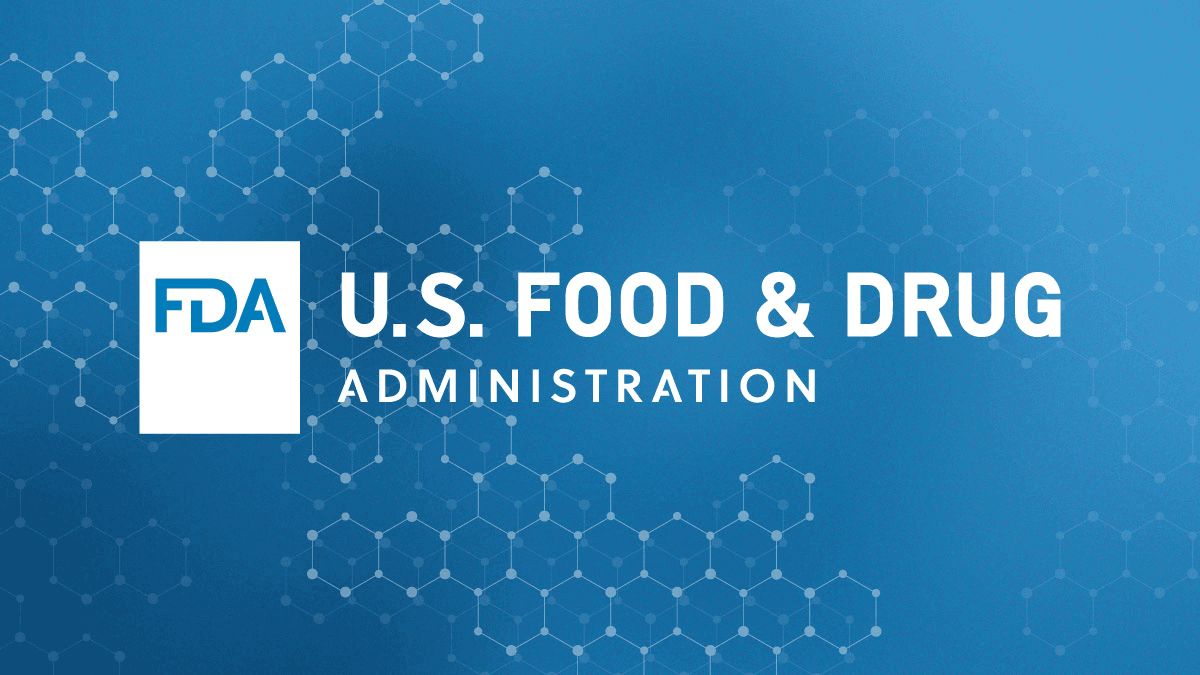Bravoncius Roxford
Bluelighter
- Joined
- Feb 1, 2017
- Messages
- 105
Why are people even concerned with Mercury poisoning? For starters, Mercury is present in most foods in sub micro molar amounts, and even then elemental Mercury is very poorly absorbed by the body The bioavailability of elemental Mercury is extremely, extremely low: less than 1% will be actively transported into tissues, especially nervous tissue. Considering that the amount of Mercury present in most foods is less than 1 microgram per pound, and that even the richest sources of Mercury like sea tuna has less than 10 micrograms, I don't see what is the big deal. Far more concerning, honestly, is the pico grams of Uranium and Polonium that we are breathing from the Chernobyl and Fukushima disasters. That is extremely far nastier and absorbed than elemental Mercury, and even pico gram exposure can increase your risk of getting several types of cancer chronically.
The bottom line is that unless you are a physical chemist who works with methylated Mercury derivatives or, at the very least, someone who works with extremely large amounts of elemental Mercury every day, you shouldn't be concerned with Mercury. If you work with dimethylmercury and you were exposed by your ventilator being breached or skin contact., then that is very, very serious, but this does not apply to 99.99999% of everyone on Earth. The only cases of toxicity that I have ever seen from elemental Mercury from people who do not work with it on a daily bases are a couple cases of bodybuilders who ate massive amounts of tuna. Even then, it took 10-20 years for symptoms to develop. If you do not work with Mercury or spent the last 10 years eating two pounds of sea tuna a day, you shouldn't be concerned.
The bottom line is that unless you are a physical chemist who works with methylated Mercury derivatives or, at the very least, someone who works with extremely large amounts of elemental Mercury every day, you shouldn't be concerned with Mercury. If you work with dimethylmercury and you were exposed by your ventilator being breached or skin contact., then that is very, very serious, but this does not apply to 99.99999% of everyone on Earth. The only cases of toxicity that I have ever seen from elemental Mercury from people who do not work with it on a daily bases are a couple cases of bodybuilders who ate massive amounts of tuna. Even then, it took 10-20 years for symptoms to develop. If you do not work with Mercury or spent the last 10 years eating two pounds of sea tuna a day, you shouldn't be concerned.
Last edited:




